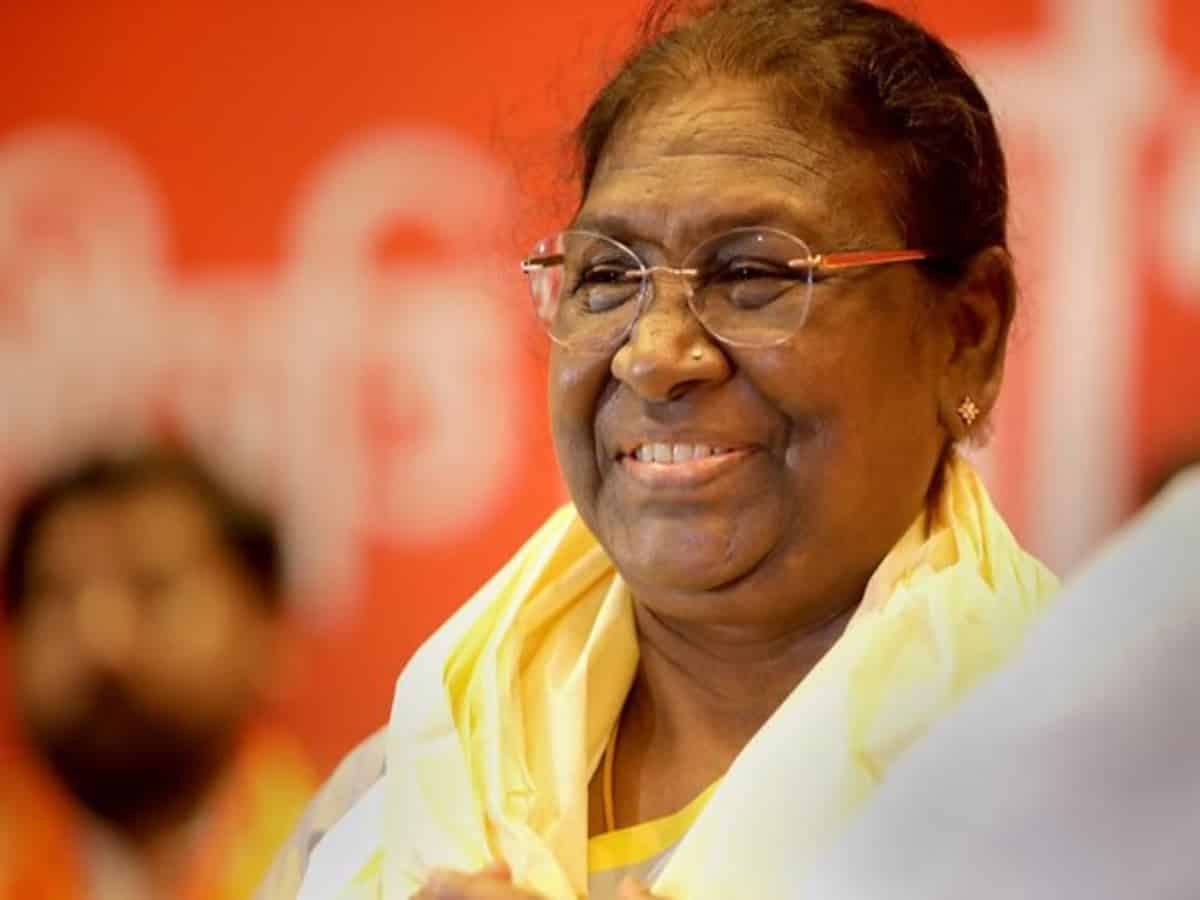
New Delhi: Jawaharlal Nehru University (JNU) is a relatively young institution and presents a lively reflection of the cultural unity of India, President Droupadi Murmu said on Friday.
Addressing the sixth convocation of the university, Murmu noted that the number of women research scholars has outnumbered men at the institute this time, terming it as an important indicator of social change.
“JNU is a relatively young university. I look at it as a meaningful and historical significance that JNU began to function in the year of the centenary celebration of the birth of Mahatma Gandhi in 1969,” she said.
“It is situated in the beautiful Aravalli hills. Students from all over India study at the university and live on campus together which helps widens their perspective about the country and the world. The university presents a lively reflection on the cultural unity of India amid the diversity,” the President said.
She said that JNU is known for its progressive practices and rich contributions in terms of social sensitivity, inclusion and women empowerment.
“Students and faculty of JNU have made impressive contributions in various fields such as education and research, politics, civil service, diplomacy, social work, science and technology, media, literature, art and culture,” she noted.
Murmu said that the vision, mission and objectives of JNU were articulated in its founding legislation.
These basic ideals include national integration, social justice, secularism, a democratic way of life, international understanding and a scientific approach to the problems of society, she remarked.
The President urged the university community to remain steadfast in its adherence to these foundational principles.
Asserting that character-building is also one of the main objectives of education, she said, “Invaluable opportunities for character-building should never be lost by going with the flow of the moment. Young students have a natural tendency to curiosity, question and use logic. This tendency should always be encouraged.
“Opposition to unscientific stereotypes by the younger generation should also be encouraged. Acceptance or rejection of ideas should be based on debate and dialogue,” she said.



